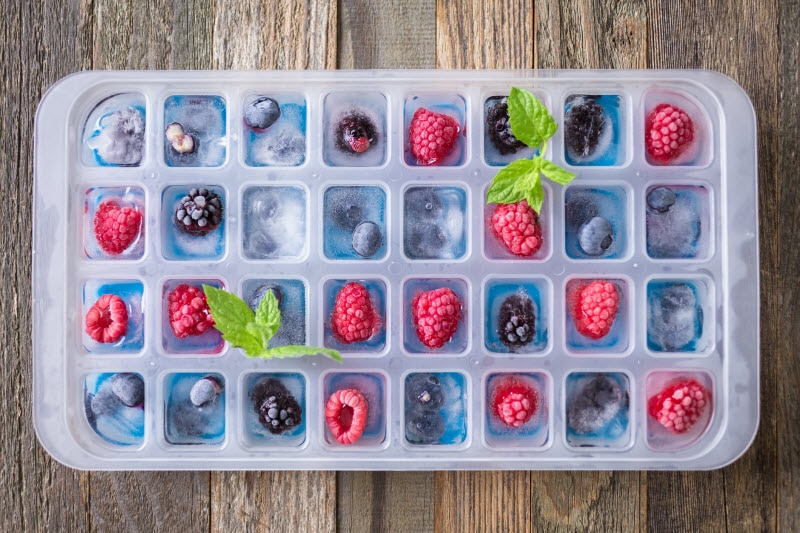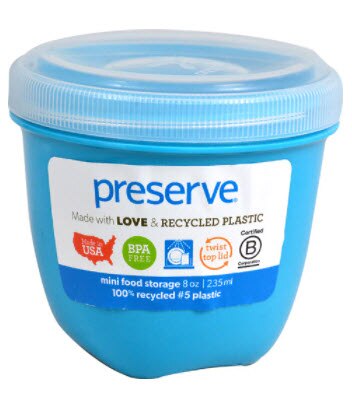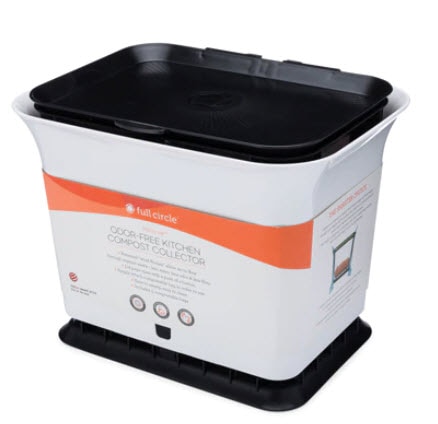Buying more in-season fruit, hosting backyard gatherings, being too “lazy” to cook with the heat: Summer brings hella ways to waste food. This on top of an already staggering amount of food, people in general, and Americans in particular throw away, from uneaten leftovers to spoiled produce.
The EPA estimated that in 2018 about 68 percent of the wasted food Americans generated—or about 42.8 million tons—ended up in landfills or combustion facilities. When food ends up in landfills, it rots and then starts to emit methane, a greenhouse gas far more impactful than carbon dioxide. Food waste in fact may account for as much as 10 percent of human induced greenhouse gas emissions.
If you are not swayed by environmental concerns, consider this: A typical household of four tosses out about $1,600 of food each year. What it all boils down to is how we shop, store, eat and dispose of our food is not merely a passive process.
As the farmer, activist and author Wendell Berry states, “eating is an agricultural act.” Eating bestows our place in the food chain, and when done with an eye to the big picture gives each one of us a chance to know or re-imagine the connections between eating and the land. How we eat, and what we throw away, reveals much about our relationship to the environment.
Summer food bummers
During the hotter summer months, the heat causes foods to break down faster, changing their appearance or flavor and causing them to go bad, if not properly stored. Try these tips to cut down on food waste and make the most of the summer bounty.
Smart Ways to Reduce Food Waste in Summer
1. Tune into summer appetites
You know you won’t want to turn your oven on in the extreme heat of summer, so that rules out a bevy of recipes. Also note that heat may cause your appetite to change (you might be less hungry during the heat of the day and crave lighter foods such as salad and melon). Plan accordingly by shopping seasonally, stocking up on fresh fruits and vegs, things you can throw on the grill and items that lend themselves to quick and easy meals.
Avoid “aspirational shopping”—in this case anything too complex—which often means well intentioned novelty items tend to sit in the back of the fridge for a few weeks, quietly decomposing. Take stock of what foods go bad and notice any patterns. What do you always end up throwing away (celery, anyone)? If you do have food that’s past its prime, don’t be afraid to repurpose. Smoothies, for example, are very forgiving toward mushy bananas and other overripe fruit.
2. Get savvy about storing produce
Store fruits and vegetables for maximum freshness; they’ll taste better and last longer, helping you to eat more of them. Many fruits give off natural gases, such as ethylene, as they ripen, making other nearby produce spoil faster. Store bananas, apples and tomatoes by themselves, and store fruits and vegetables in different bins. Wait to wash berries until you want to eat them to prevent mold. If you like to eat fruit at room temperature, store it in the refrigerator for maximum freshness, then take out what you’ll eat for the day out of the refrigerator in the morning.
![Preserve Food Storage Container Round Mini Aqua Preserve Food Storage Container Round Mini Aqua | Vitacost.com/blog]() 3. Make your freezer your friend
3. Make your freezer your friend
If you realize that you won’t be able to use food before it’s too late, avail yourself upon your steadfast freezer. You can freeze almost anything, truth be told. Cheese, bread, grains, fruits, veggies, milk and leftovers. Note that if freezing things in glass jars, unless specified as freezer-safe glass, the glass may crack or shatter as the liquids solidify. Make sure that either with a jar or a zip lock freezer bag that you leave room at the top for expansion, as many liquids expand as they freeze.
If you are freezing small baked goods like cookies or scones, you can just freeze them in a bag after removing as much air as possible. Baked goods dry out fast, so whole loaves of bread should be wrapped tightly in plastic, then again in foil or a freezer bag.
4. Take sell by dates with a grain of salt
Knowing what the expiration dates mean will help you determine whether you can use a product before the quality starts to deteriorate. “Sell by” informs retailers when the product should be sold or removed from the shelves. “Best by” suggests dates that consumers should use their products by. “Use By” indicates when a product will start deteriorating in quality and flavor as determined by the manufacturer. But none of these terms means that the product is unsafe to eat after the given date. Follow your nose, literally, and do your own sniff test to check for spoilage.
5. Barbecue without food bloat
Food is safe at room temperature for no more than 4 hours, but only half that if it’s sitting in the direct sunlight at any time. If you’re setting out a deluxe spread, plan for a few items that won’t spoil (chips, chocolate chip cookies) and plate the rest in small portions on smaller platters. Replenish at least once during the barbecue rather than heaping too-large bowls outside and risking their spoilage.
For the food you do set out, turn on an alarm or timer so you know when to refresh. And divvy up the leftovers with your guests, letting them know to arrive with jars or storage containers to bring home any leftovers so your home isn’t overwhelmed for days.
6. Get on board with compost
Composting leftover food is a beneficial way to reuse food scraps and transform food waste into healthy nourishment for soil and plants. While not everyone has room for an outdoor composting system, there’s many countertop composting options that make composting easy and accessible for everyone, even those with limited space. An outdoor composter works well for someone with a yard, while a countertop composter is best for city dwellers with houseplants or small herb gardens.



